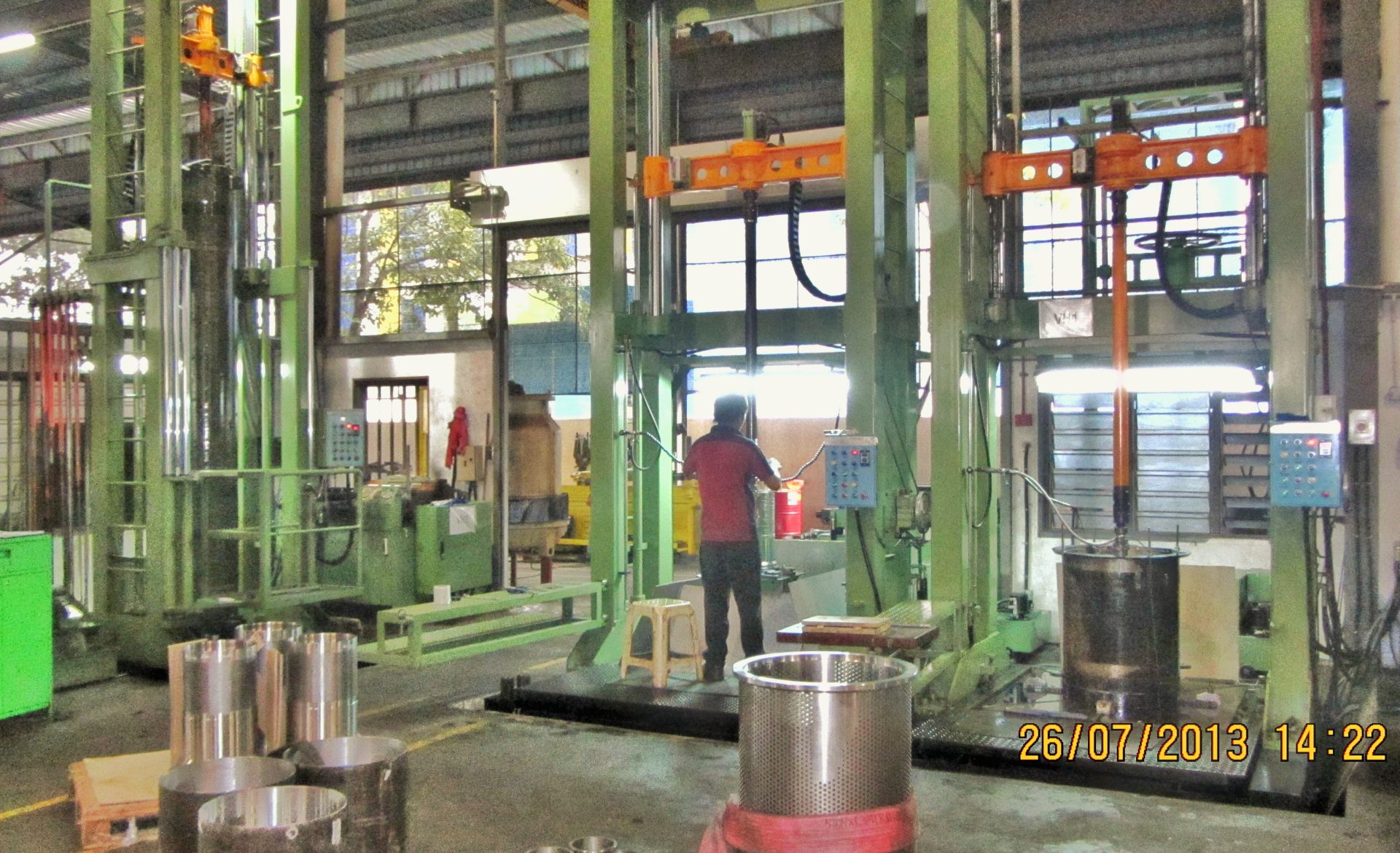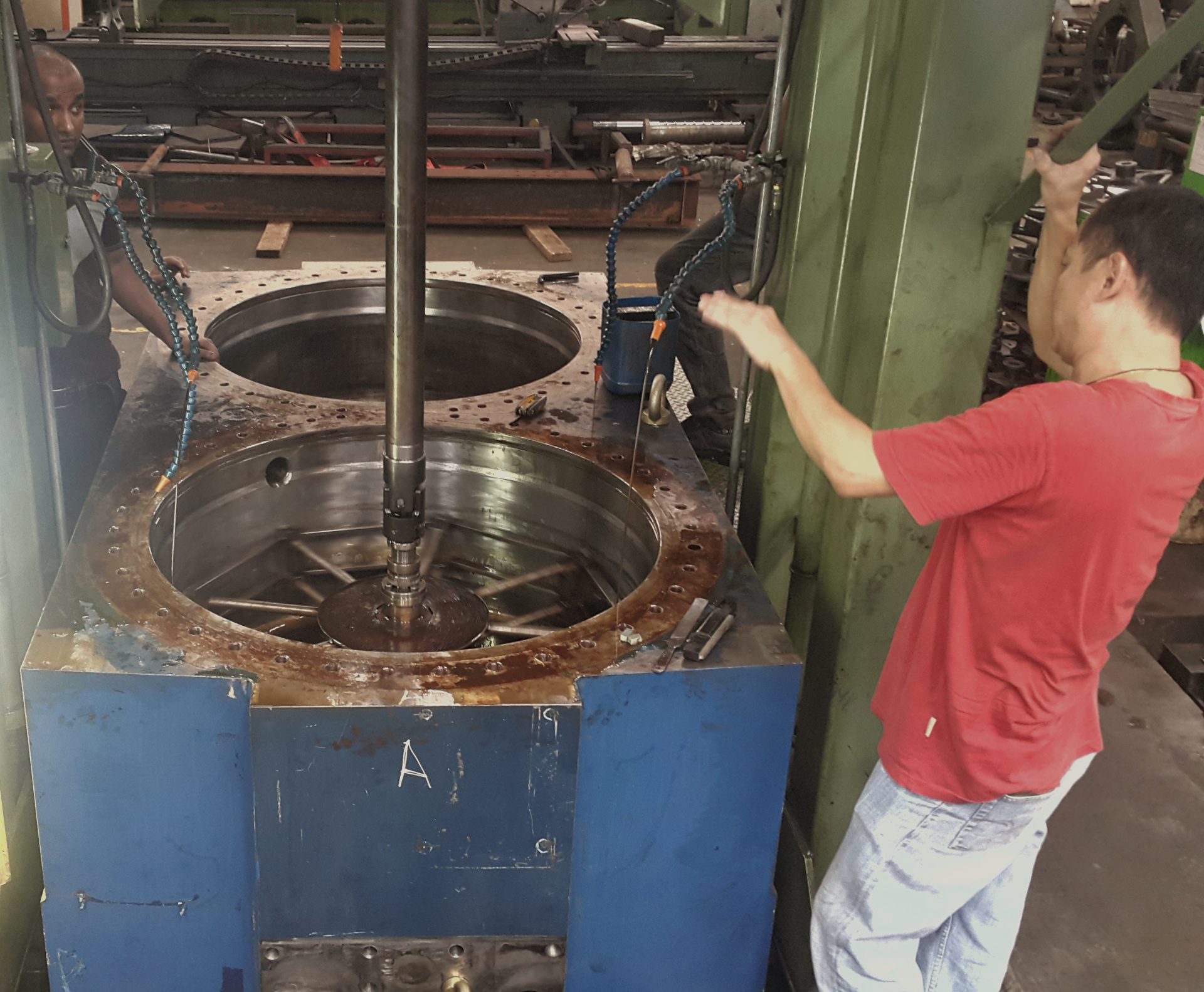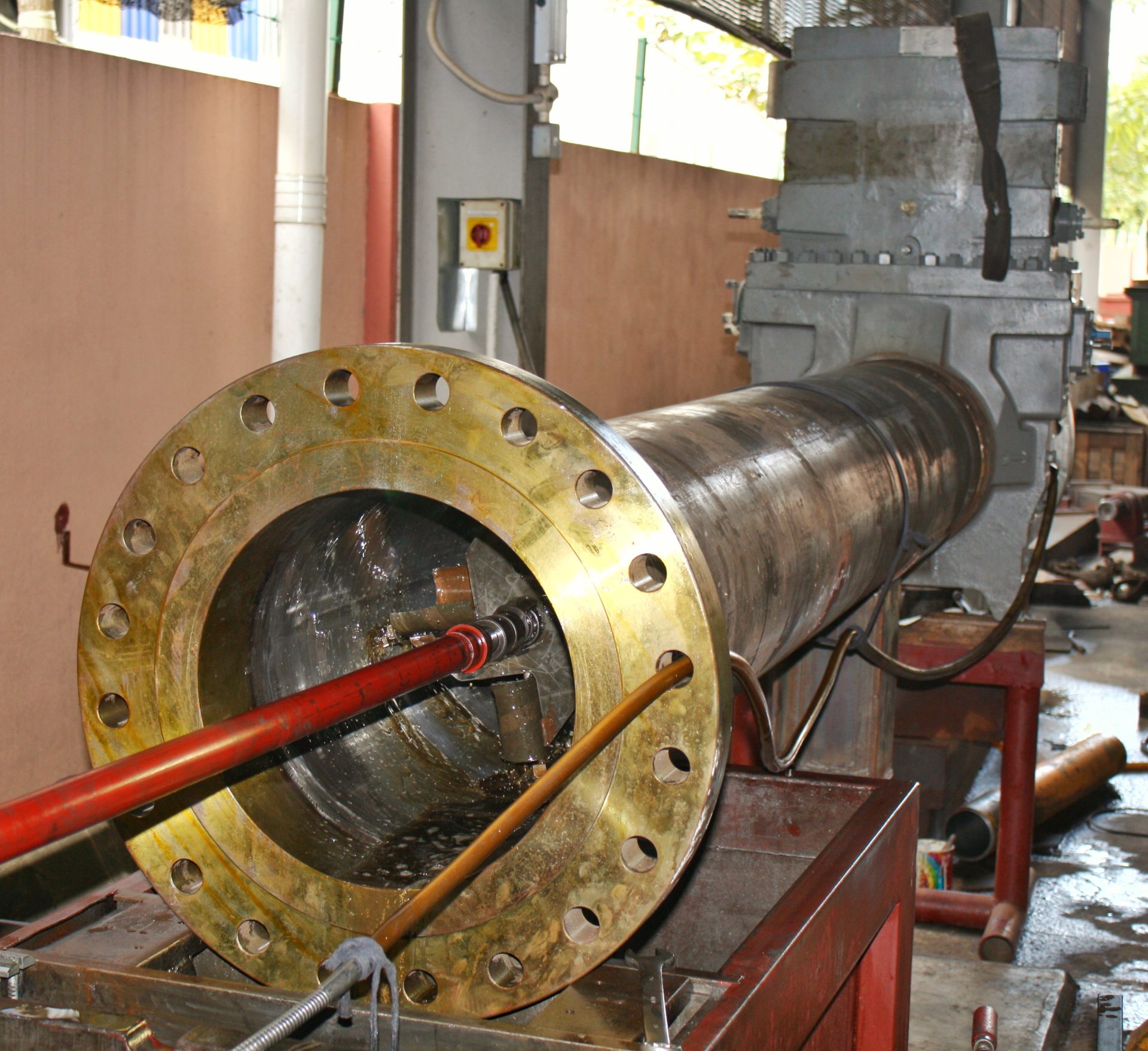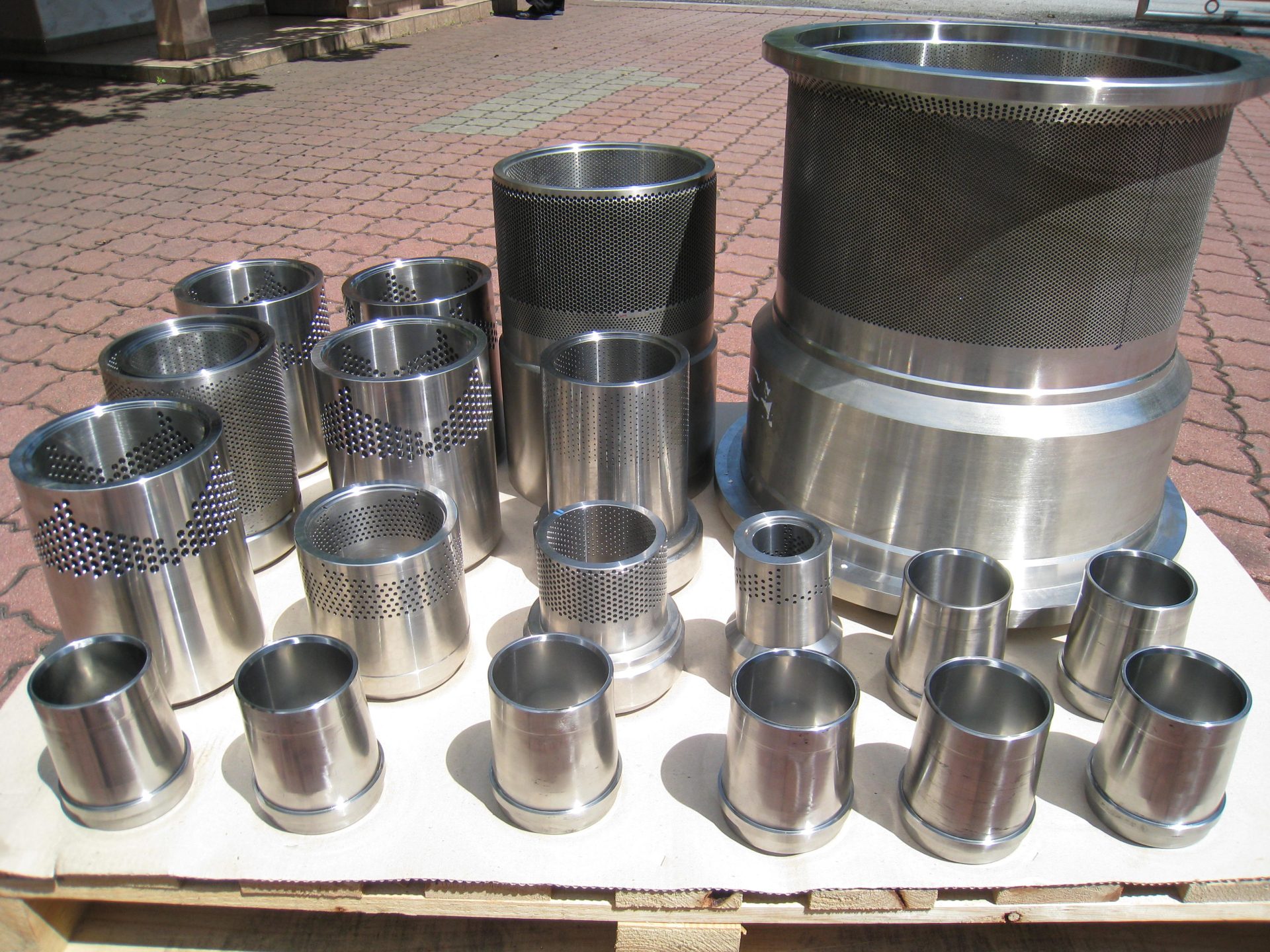The Leading Industrial Honing Solutions in Malaysia
Honing is a precision machining process that refines the internal surfaces of cylindrical components, and it is an area where H & T Industries excels at. With a rich legacy in precision honing, we have become a trusted name in the industry.
Read moreRead less
Our commitment to excellence is unwavering, and we are dedicated to meeting your expectations with the highest standards of quality and customer satisfaction. When you choose H & T Industries for your industrial honing needs, you are selecting a partner that sets new benchmarks for precision and performance.
Machine Honing Processes
Have you ever wondered how manufacturers achieve those incredibly smooth, precisely-sized cylindrical surfaces in engines and hydraulic components? The answer lies in a specialised process called honing. This technique creates the perfect surface quality and high-accuracy size that many industrial applications demand.
Understanding Internal Grinding and Honing
Internal grinding and honing are closely related processes that serve similar purposes but employ different methods to achieve desired results.
Internal grinding uses a rotating abrasive wheel to remove material from the inside of a workpiece. It can achieve exact specifications but may struggle with perfect cylindricity in longer bores.
Precision honing, by contrast, employs abrasive stones that both rotate and reciprocate simultaneously within the bore. This dual movement creates a distinctive crosshatch pattern that improves surface smoothness and helps retain lubricants in operational use. What makes it especially valuable for your components? Its advantage is to correct geometric faults like taper and out-of-roundness that other machining processes might miss.
Types of Honing Machines
The industrial sector uses a few types of honing machines, each designed for specific roles:
- Horizontal Honing Machines: Best suited for smaller workpieces and general manufacturing applications.
- Vertical Honing Machines: Suitable for larger, heavier parts, these machines utilise gravity to streamline the honing process, perfect for substantial components like automotive engine blocks.
- Portable Honing Tools: For on-site repairs or situations where bringing the workpiece to a machine isn’t practical, these flexible tools allow metal honing operations in the field.
Cylinder Honing for Diverse Industrial Applications
Cylinder honing is an important process across numerous manufacturing sectors. Have you considered how this seemingly specialised technique might benefit your specific industry?
In Malaysia’s rapidly growing oil and gas sector, pumps, valves, and hydraulic cylinders face tough conditions out in the field. Investing in proper honing is not just a luxury—it’s a necessity to ensure these components can endure the challenges they encounter every day.
The automotive sector relies heavily on honing for engine cylinders, hydraulic components, and transmission parts. The perfect surface via tube honing plays a crucial role in ensuring that essential parts perform at their best and last longer.
Medical device manufacturers produce surgical instruments and implantable devices where absolute precision has a direct impact on patient outcomes. Even the food processing industry benefits too, where smooth operation and cleanability are the utmost concerns.
Advanced Metal Honing Capabilities
Metal honing services encompass diverse materials, including carbon steel, stainless steel, cast iron, aluminium alloys, and exotic materials used in demanding applications. Our metal honing expertise addresses unique material characteristics whilst maintaining dimensional accuracy and surface finish requirements across various industry specifications.
| MATERIAL TYPE | HARDNESS RANGE | APPLICATIONS | SURFACE FINISH |
| Carbon Steel | HRC 15-50 | General manufacturing | Ra 0.2-0.8 μm |
| Stainless Steel | HRC 20-55 | Food, pharmaceutical | Ra 0.3-1.0 μm |
| Cast Iron | HRC 20-65 | Automotive, hydraulic | Ra 0.4-1.2 μm |
| Aluminium Alloys | HB 50-150 | Aerospace, automotive | Ra 0.2-0.6 μm |
Our metal honing processes accommodate components with complex geometries and tight tolerances, maintaining dimensional accuracy within ±0.0001 inches for precision applications. This capability proves essential for automotive transmission components, aerospace fittings, and hydraulic valve bodies requiring exceptional precision.
Why Choose H & T Industries as Your Honing Specialist
- 30+ years of precision machining experience
- ISO 9001:2015 certified processes
- Skilled technicians with specialised honing training
- Continuous technology investment, staying current with industry advances
- Proven track record serving diverse Malaysian industries
H & T Industries – Precision Honing Service Company with Advanced Machines
At H & T Industries, our company utilises state-of-the-art machinery, including the Big Barrel for Honing and the Heavy Duty Ceramic Tile Press Barrel, to deliver exceptional results across all our services.
The advantages of partnering with our company extend well beyond advanced technology and equipment. Our dedicated team of experts brings extensive knowledge and hands-on experience, ensuring your components are transformed to the highest standards.
By choosing H & T Industries as your honing company, you gain a partner committed to elevating your industrial operations through precision and outstanding performance. Experience the difference a trusted company can make for your honing projects. Contact us today to discuss your specific requirements!



